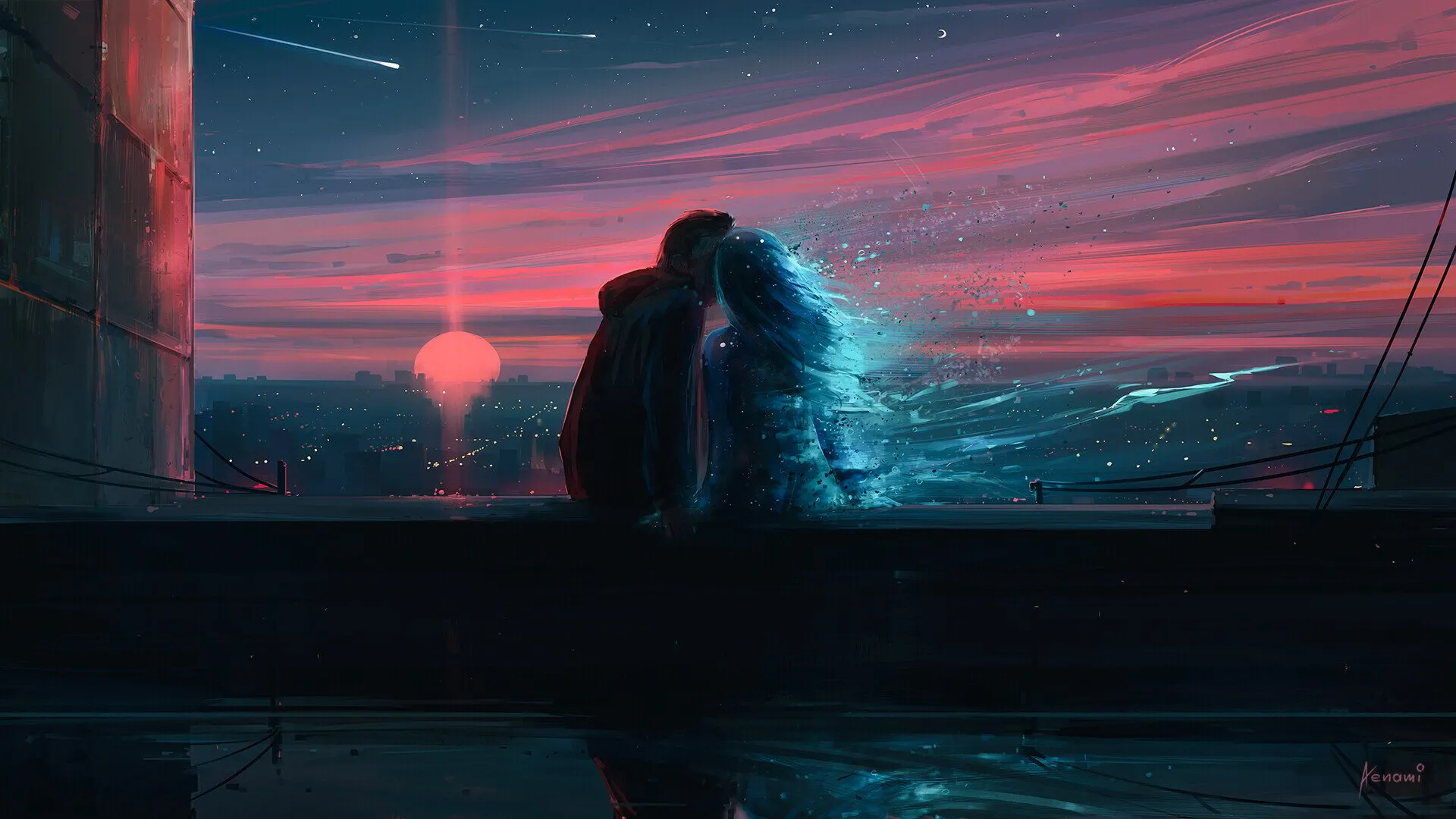In brief
- Online art platform ArtStation announced a crypto art NFT release program on Monday.
- It paused its plans just hours later following backlash from artists and users.
- Many users complained of the environmental impact of blockchain transactions.
Verifiably scarce crypto artwork released as non-fungible tokens (NFTs) have blown up in recent weeks, with some $342 million in trading volume recorded in February alone—more than in all of 2020. From musician Grimes to digital artist Beeple and even Taco Bell, the creators involved are diverse and rapidly expanding.
It’s no surprise that even more artists want to test the waters and release their artwork as NFTs, but a major new initiative announced yesterday rapidly found community resistance. ArtStation, a popular online platform for sharing and discovering artwork portfolios, announced plans yesterday to release an initial series of NFT artwork drops from several established artists.
Negative responses from artists poured in via Twitter in the hours that followed, with some creators revealing plans to delete their ArtStation accounts. Many pointed to the purported environmental impact of crypto transactions, particularly on a resource-intensive proof-of-work blockchain like Ethereum, which is one of the most popular blockchains for NFTs.
ArtStation revealed on Twitter it would be “contributing to offset the carbon footprint costs of any given piece of digital art transacted on the platform,” although some critics claimed that the move was simply “greenwashing” away their concerns. The backlash continued for hours until late last night, when ArtStation deleted its original announcement post and tweets and instead issued a statement about pausing—but not necessarily canceling— its NFT plans.
“In light of the critical reception on social media regarding NFTs, it’s clear that now is not the right time for NFTs on ArtStation,” reads the statement. “We are very sorry for all the negative emotions this has caused. Despite our attempts to validate our approach, we clearly made a mistake and admit fault. It was our bad.”
“We feel that NFTs are a transformative technology that can make significant, positive change for digital artists,” it continues. “It’s our hope that at some point in the future we’ll be able to find a solution that is equitable and ecologically sound. It will take time for us to reflect on this and we’ll do our best to earn back your trust.”
ArtStation’s decision to hold back on releasing NFTs has seen a range of responses from both artists and members of the crypto community. Roham Gharegozlou, founder and CEO of Dapper Labs—the firm behind the surging NFT crypto collectables platform NBA Top Shot and the Flow blockchain behind it—tweeted his thoughts at ArtStation.
this is short-sighted, my DMs are open if you're interested in a real debate around the facts
for one, blocks will get mined anyway – for the other, the criticism basically doesn't apply to "proof of stake" blockchains like @flow_blockchainhttps://t.co/JeDnkJQjel
— Roham (@rohamg) March 9, 2021
“This is short-sighted, my DMs are open if you're interested in a real debate around the facts,” he tweeted. “For one, blocks will get mined anyway—for the other, the criticism basically doesn't apply to ‘proof of stake’ blockchains like Flow.” Decrypt has reached out to Dapper Labs for further comment from Gharegozlou.
A proof-of-work blockchain like Ethereum or Bitcoin requires energy-intensive calculations to mine blocks and record transactions, while proof-of-stake blockchains select miners based on how much cryptocurrency they have staked or locked up in the network. Ethereum is in the process of transitioning to a proof-of-stake model, whereas a blockchain like Flow—which was built for NFTs and online gaming applications—is solely a proof-of-stake blockchain.
The debate over the environmental impact of cryptocurrency and blockchain technology is not new, but it has reached an even larger audience recently with the explosion in interest around NFTs. For example, the entire Bitcoin network is estimated to require annual energy consumption comparable to the countries of Chile and Bangladesh, according to Digiconomist, due to the immense distributed power required to mine blocks.
The ArtStation NFT program was scheduled to begin tomorrow, March 10, and feature artwork drops from artists such as Halo Infinite art director Nicolas “Sparth” Bouvier, retired NASA astronaut Nicole Stott, Assassin’s Creed franchise art director Raphael Lacoste, painter Craig Mullins, and Magic: The Gathering illustrator Alena Aenami.

